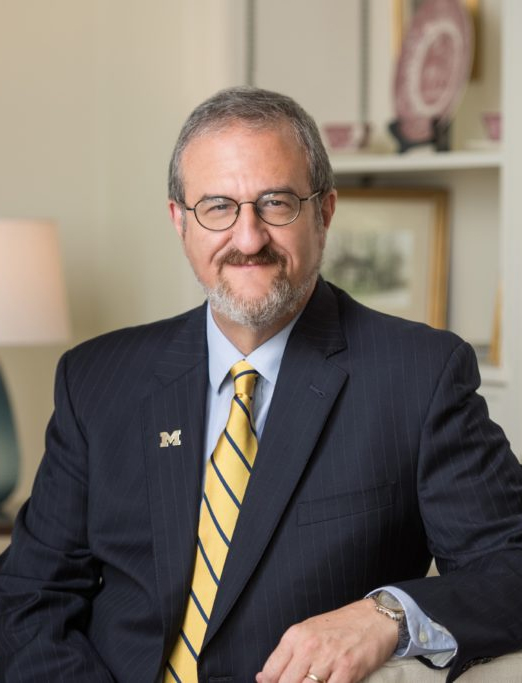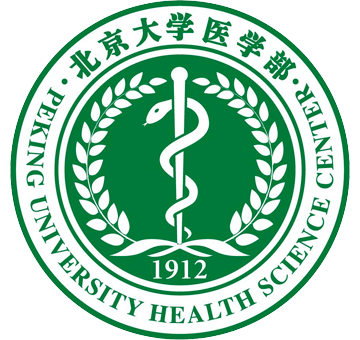At Regents meeting, Schlissel offers public support for International collaboration
Amidst increasing scrutiny of potential foreign influence on federally-funded research, University of Michigan President Mark Schlissel offered his public support for international collaboration at the most recent Board of Regents meeting.
“I view the perception that U of M is a welcoming beacon for talented, ambitious people around the world as one that we can’t afford to lose,” the President said at the March 28 meeting in Ann Arbor. “And I think that one of the underappreciated aspects of having international exchanges is that they make our world a safer place.”
Schlissel’s remarks come at time when federal funding agencies, including the National Institutes of Health (NIH), are emphasizing procedures aimed at curbing undue foreign influence on federally funded research. NIH requires PIs, sub-awardees, and co-PIs to disclose all financial interests they receive from academic or governmental institutions outside the United States. The rule is not new, though it appears the agency is stepping up efforts to enforce it. Late last year, dozens of U.S. academic institutions received letters from the NIH identifying specific incidents in which, the funding agency believes, faculty members did not disclose links to foreign institutions on their grant applications. For more information about foreign collaboration disclosures, visit the Office of Research Sponsored Projects.
“We must also be mindful of the reality of espionage and the importance of confidential and proprietary information,” Schlissel said. “I want to reiterate that the University of Michigan is proud to support research and educational collaborations with international scholars.”
The University of Michigan Medical School has institutional collaborations with academic institutions all over the world. Global REACH maintains more than 20 memorandum of understanding agreements with institutions across 13 countries, and UMMS faculty in the Global REACH Faculty Associates network published 225-plus academic papers with foreign collaborators in the 2017-18 academic year.
“We understand the need for integrity in any federal funding process. Transparency is an important aspect of any successful partnership,” said Senior Associate Dean for Education and Global Initiatives Joseph Kolars, MD. “As an institution, we remain committed to our efforts in global health including joint research with international partners. Such collaborations are central to our Michigan Medicine mission to ‘advance health to serve Michigan and the world.’”



